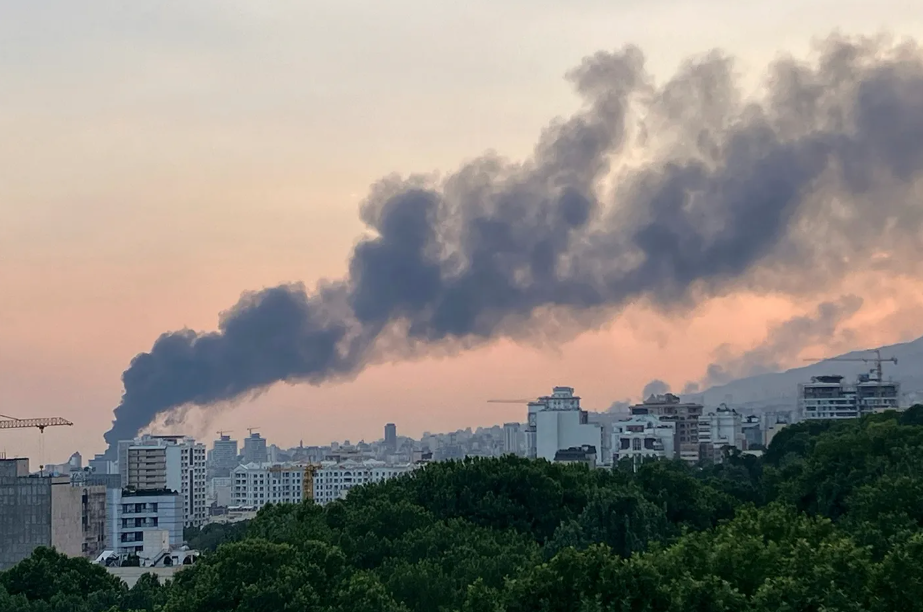Tensions between Israel and Iran have reached new heights, with both nations launching direct strikes that have caused widespread destruction and hundreds of casualties. On Thursday, Iranian missiles struck a major hospital in southern Israel and hit residential buildings in Tel Aviv, injuring more than 200 people and leaving a trail of devastation. In response, Israel targeted Iran’s Arak heavy water reactor, intensifying its campaign against Iran’s nuclear infrastructure.
Israeli officials have pointed fingers at Iran’s Supreme Leader, warning that his role in the conflict makes him a target. As the violence escalates, world leaders are scrambling to prevent further escalation. Australia has closed its embassy in Tehran, urging its citizens to leave as quickly as possible, while Britain and other European countries are pushing for urgent diplomatic talks.
The United States remains on the fence about military involvement, with President Trump stating that a decision will be made in the coming weeks. Meanwhile, Iran’s foreign minister is set to meet with European diplomats in Geneva in a bid to find a diplomatic solution.
Inside Iran, information is scarce as the government has cut off internet access, making it difficult for the outside world to get a clear picture of the situation. Human rights groups report that Israeli strikes in Iran have killed at least 657 people and wounded over 2,000, though official Iranian figures remain much lower. With the region on a knife’s edge, the coming days will be critical in determining whether diplomacy or further violence prevails.

